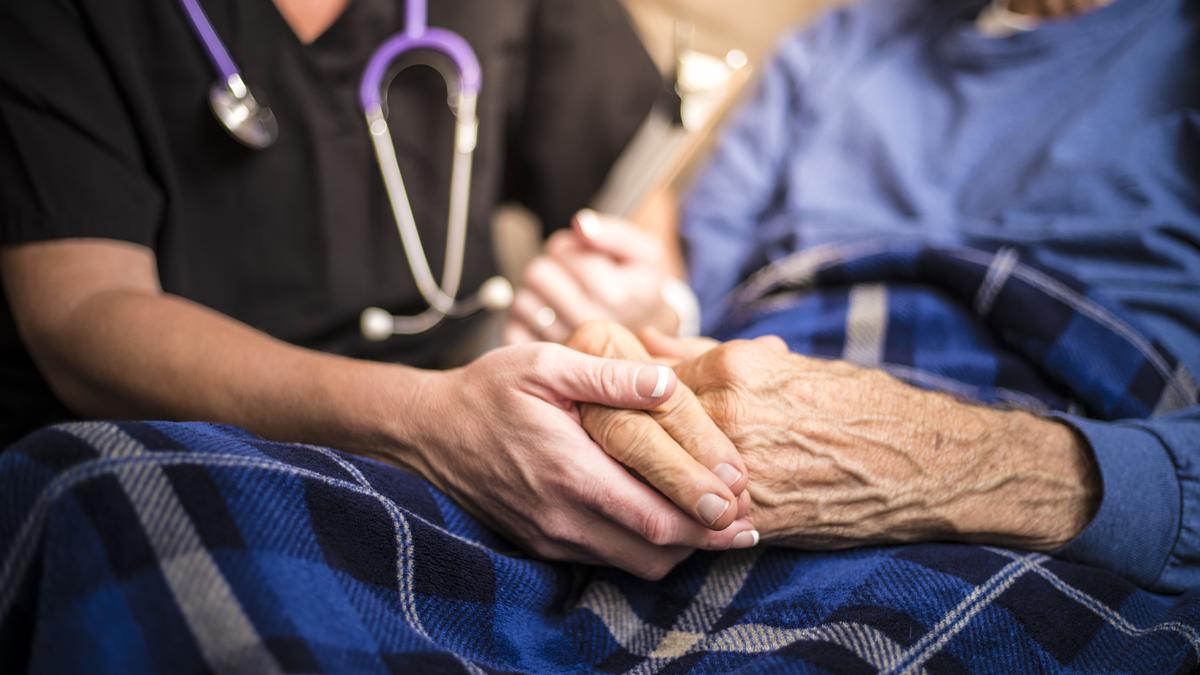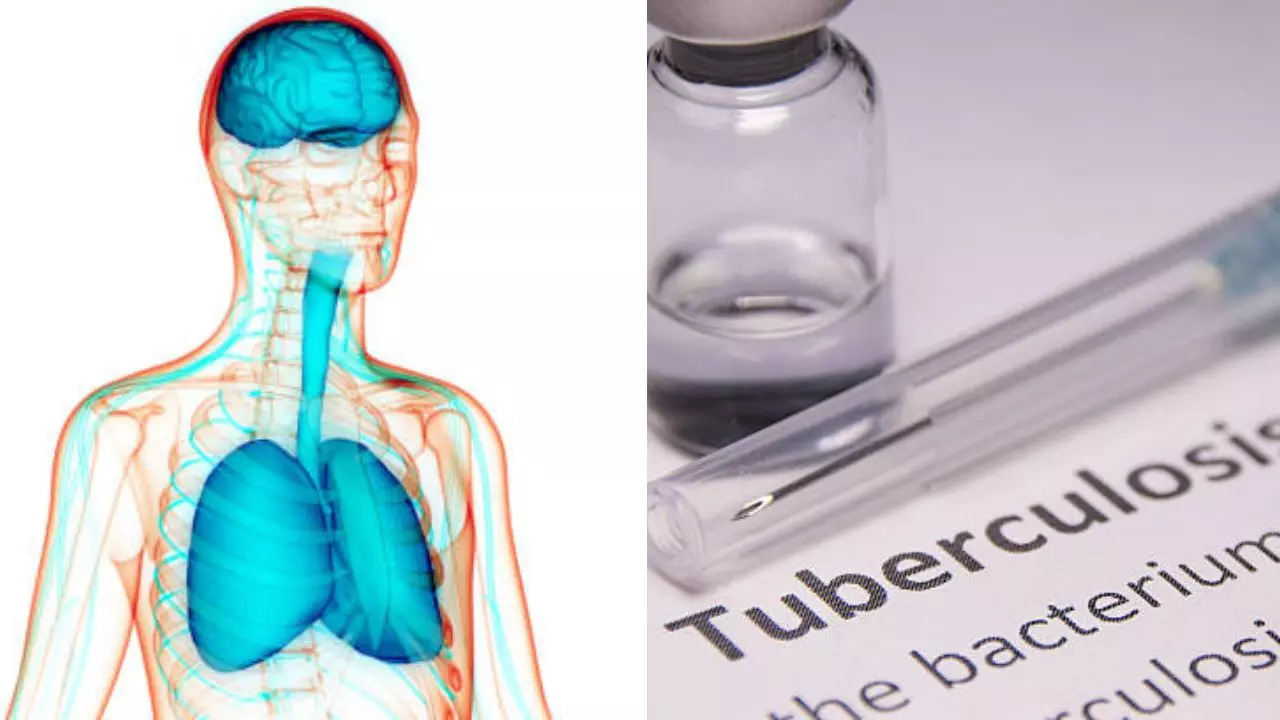
Is there a gut-brain connection in Parkinson’s Disease (PD)? Recent research suggests a “gut-first hypothesis” or a gut-brain connection in PD — a pathway that could mark a significant shift in how the neurodegenerative disorder is looked at, its diagnosis, its progression, and its treatment. A recent study — Upper Gastrointestinal (GI) Mucosal Damage (MD) and Subsequent Risk of Parkinson Disease — published in the JAMA Network Open found that a history of upper GI MD was associated with an increased risk of developing PD. The cohort study of 9,350 patients with no prior history of PD found that mucosal damage on upper endoscopy was associated with a 76% greater risk of a PD diagnosis.
Newfound genetic variant that causes Parkinson’s shows a way to beat it Prabash Prabhakaran, head of department and senior consultant, Neurology, Apollo Speciality Hospitals, Vanagaram, explains: “PD is a progressive neurodegenerative disorder primarily characterised by motor symptoms such as tremors, rigidity, bradykinesia, or slow movement, and postural instability. As the disease progresses, non-motor symptoms like cognitive decline, sleep disturbances, and mood disorders often emerge. However, in recent years, increasing evidence has pointed to an overlooked aspect of PD disease — the gut.
Numerous studies have suggested that gastrointestinal dysfunction may precede the onset of motor symptoms (for example, constipation), highlighting a complex interplay between the gut and the brain in PD. There are multiple ongoing studies looking at the connection between PD and the enteric nervous system, appendix, gut microbiome, gastritis at an early age, and PD in later life.” GI disturbances One of the key indicators of a link between the gut and PD is the prevalence of gastrointestinal symptoms, particularly constipation, long before the classic motor symptoms manifest.
Many patients report experiencing constipation, reduced gut motility, and other GI disturbances up to 20 years prior to receiving a PD diagnosis. This suggests that Parkinson’s may not only be a brain disorder but also involve dysfunction in the GI system, he added. “So the present understanding is that PD pathology could probably start in the gut and move to the brain,” Dr.
Prabhakaran said. R. Lakshmi Narasimhan, professor and head of department, Neurology, Sri Ramachandra Medical College, SRIHER, said that dopamine is very essential, and its deficiency is associated with PD.
High levels of dopaminergic neurons are present in the gut. “Now, several studies are looking at gut microbiota that play a crucial role in deciding your mood and have a great influence on the brain. Previously, research looked at the central and peripheral nervous systems for PD, while now, more research is looking at the enteric nervous system —gastrointestinal-related — to look at the relationship between gut and brain,” he said.
A major breakthrough in understanding the gut’s involvement in PD came with the discovery of abnormal protein aggregates known as Lewy bodies in both the brain and the gut of PD patients, Dr. Prabhakaran said.“The gut microbiome is involved in numerous bodily processes, including immune function, metabolism, and the regulation of the gut-brain axis.
Dysbiosis, or an imbalance in the gut microbiota, has been implicated in various neurological conditions, including PD,” he explained. Dietary habits A. Chezhian, associate professor of gastroenterology, Government Kilpauk Medical College Hospital, said that it was a long-known fact that GI problems could heighten the risk of PD.
“This study has put the magnitude of the problem to be as high as 76%. There is a gut-brain axis in our body that is bidirectional. It is very much affected by the composition of our gut microbiota, which is the healthy gut microbes.
Commonly, dietary habits such as increased intake of ultra processed food, antibiotic misuse, and frequent GI infections, affect the gut microbiota. That may set the precedence for so many diseases like PD and even many cancers,” he explained. Balancing two forms of SNCA protein “We need to maintain good gut hygiene by avoiding unnecessary antibiotics and less processed food options.
Hand hygiene, safe water, and eating home cooked food also promote gut hygiene. Healthy habits such as an early dinner and more fibre from fruits and vegetables are also important,” he said. He added that fecal microbiota transplantation is the way forward for many diseases, but as of now, this is still at the research stage.
The recognition of the gut-brain connection in PD has significant implications for both the diagnosis and treatment of the disorder, Dr. Prabhakaran said. “Early gastrointestinal symptoms, the presence of alpha-synuclein in the gut, and alterations in the gut microbiota all point to a complex interplay between the digestive system and the brain.
This growing body of evidence has opened new possibilities for early diagnosis and innovative treatments that target the gut to slow or potentially prevent the progression of PD. (serena.m@thehindu.
co.in) Published - October 18, 2024 06:00 am IST Copy link Email Facebook Twitter Telegram LinkedIn WhatsApp Reddit.














